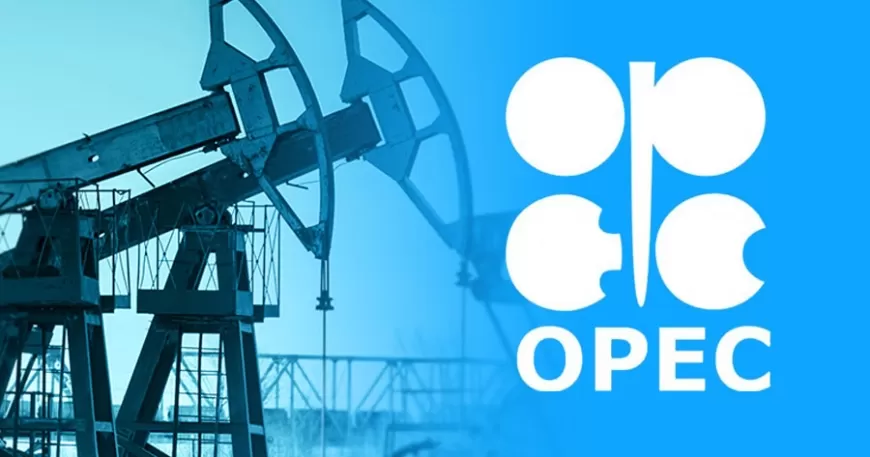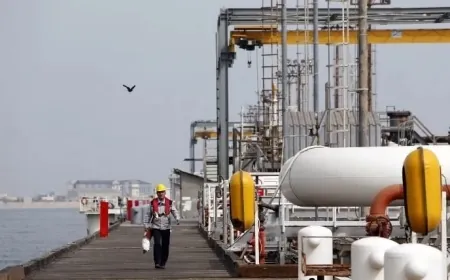Oil Prices Surge 3% as OPEC+ Delays Production Increase Amid U.S. Election Concerns
Oil prices rose 3% after OPEC+ postponed output hikes. Market watches closely as U.S. election and geopolitical tensions could impact future pricing

Oil prices jumped nearly 3% on Monday following OPEC+’s decision to delay a planned increase in oil production, reflecting the market’s reaction to both global supply dynamics and the impending U.S. presidential election.
As of mid-morning trading, Brent crude oil was up $2.13, or about 2.9%, reaching $75.23 per barrel. Similarly, U.S. West Texas Intermediate (WTI) crude gained $2.15, or 3.1%, bringing it to $71.64 per barrel. This surge follows OPEC+’s announcement over the weekend that it would extend its current production cuts of 2.2 million barrels per day (bpd) into December. The group had initially planned to increase output by 180,000 bpd starting in December but opted to hold off amid falling prices and weaker demand.
OPEC+ Decision Reflects Economic Concerns
The decision to delay the output increase stems from broader concerns about the global economy. UBS analyst Giovanni Staunovo noted that OPEC+ is looking for clearer indications on how recent U.S. interest rate cuts and economic stimulus in China might impact demand for oil. As the group assesses the situation, the uncertainty surrounding the upcoming U.S. election is adding another layer of complexity to their decision-making.
Market Volatility Heightens with U.S. Election Approaching
With the U.S. presidential election just days away, oil markets are bracing for potential volatility. Current polls show a tight race between Democratic candidate Kamala Harris and Republican candidate Donald Trump, with the election results possibly taking days to finalize. The outcome could greatly influence U.S. energy policies and international relations, particularly with regard to oil supply and pricing.
Geopolitical Tensions in the Middle East
In addition to the election, market participants are closely monitoring geopolitical tensions in the Middle East. Recently, reports surfaced that Iranian intelligence might be preparing to launch an attack on Israel from Iraq, according to Israeli sources. This news raises concerns about escalating conflicts in the region, which could further impact oil supply and prices.
Helima Croft, head of global commodity strategy at RBC Capital Markets, highlighted the potential ramifications of a new U.S. administration on oil markets. A Trump victory might lead to increased sanctions on Iran, while a Harris administration could pursue a more diplomatic route, potentially easing tensions and altering the dynamics of oil supply.
What’s Next for Oil Prices?
Investors are also keeping an eye on the U.S. Federal Reserve, which is expected to announce a 25 basis point interest rate cut later this week. Additionally, China's National People's Congress is convening to discuss new economic stimulus measures aimed at revitalizing its slowing economy. Both of these developments could significantly influence global oil demand and pricing in the near future.
In summary, the combination of OPEC+’s decision to delay output increases, the upcoming U.S. election, and rising geopolitical tensions has created a perfect storm for oil prices. As these factors unfold, market participants should remain vigilant, as the energy sector is likely to experience continued fluctuations in the coming days.
Also Read: Oil Prices Hold Steady as Israel-Iran Conflict and Supply Issues Remain in Focus






























































